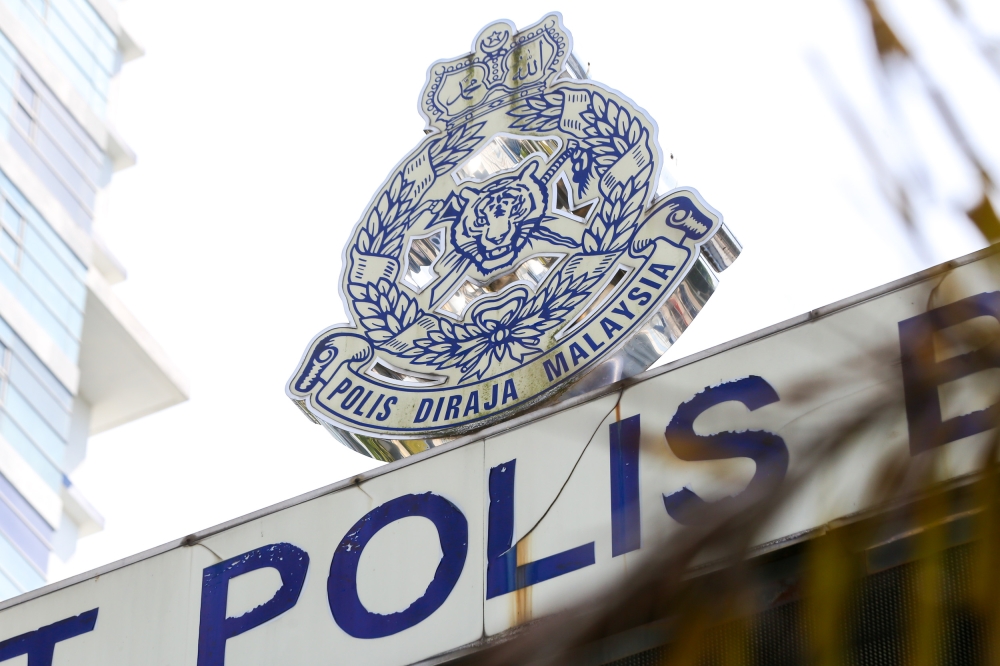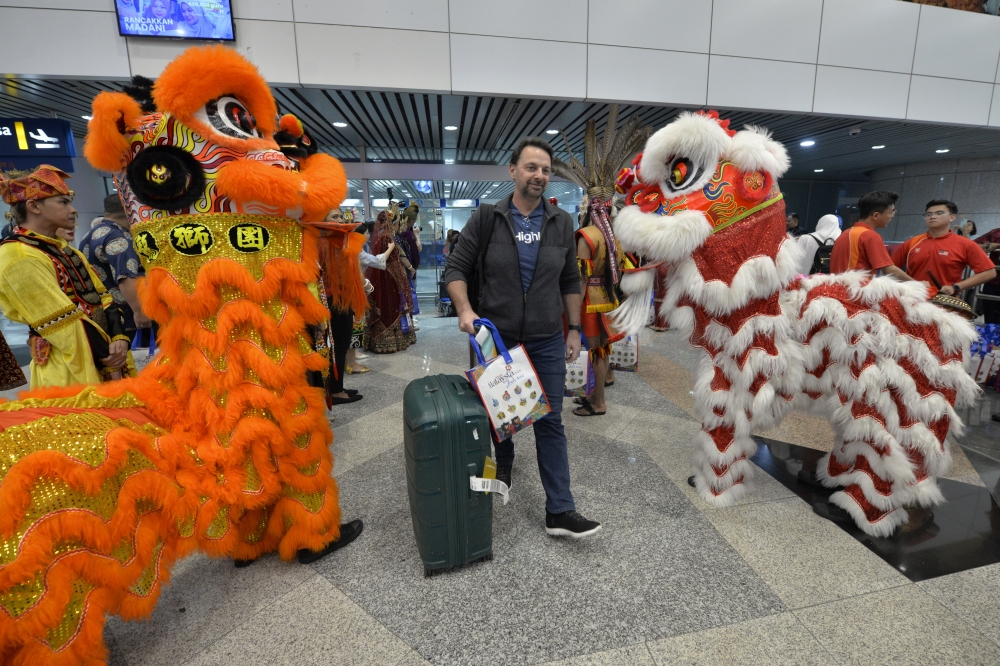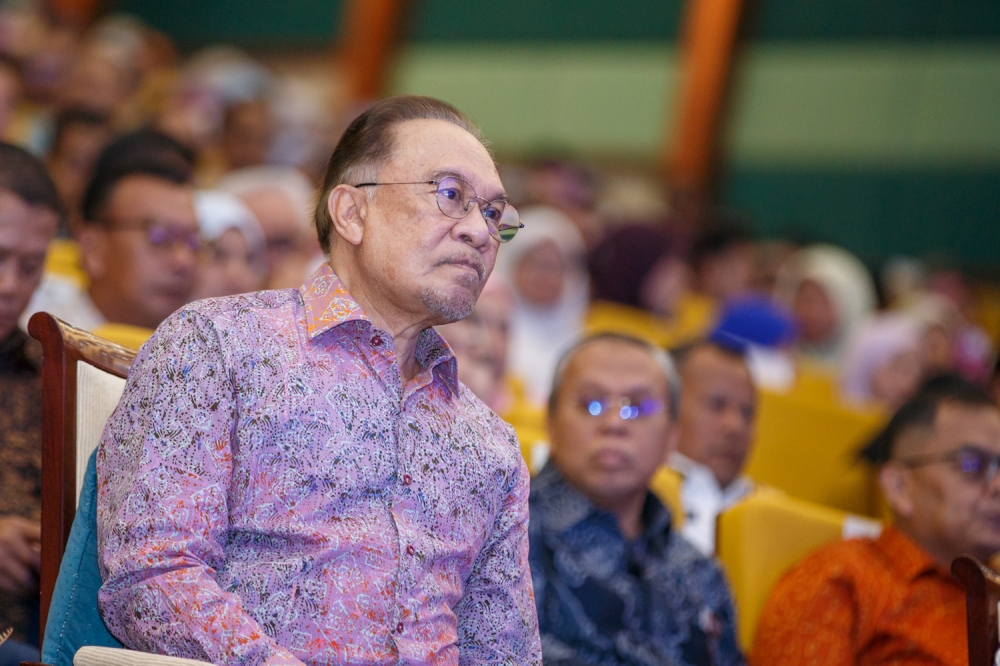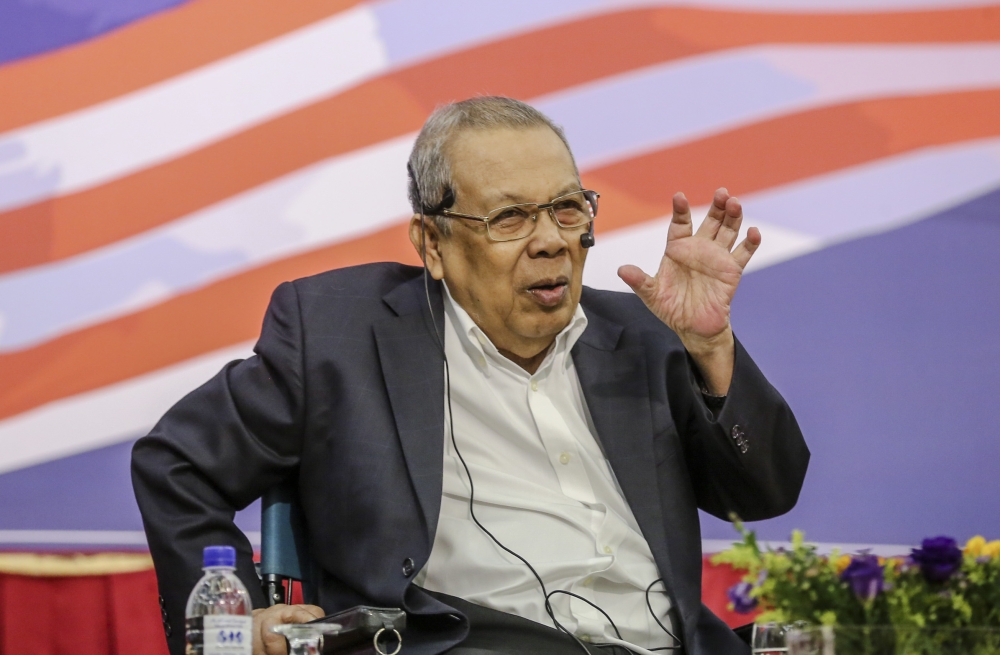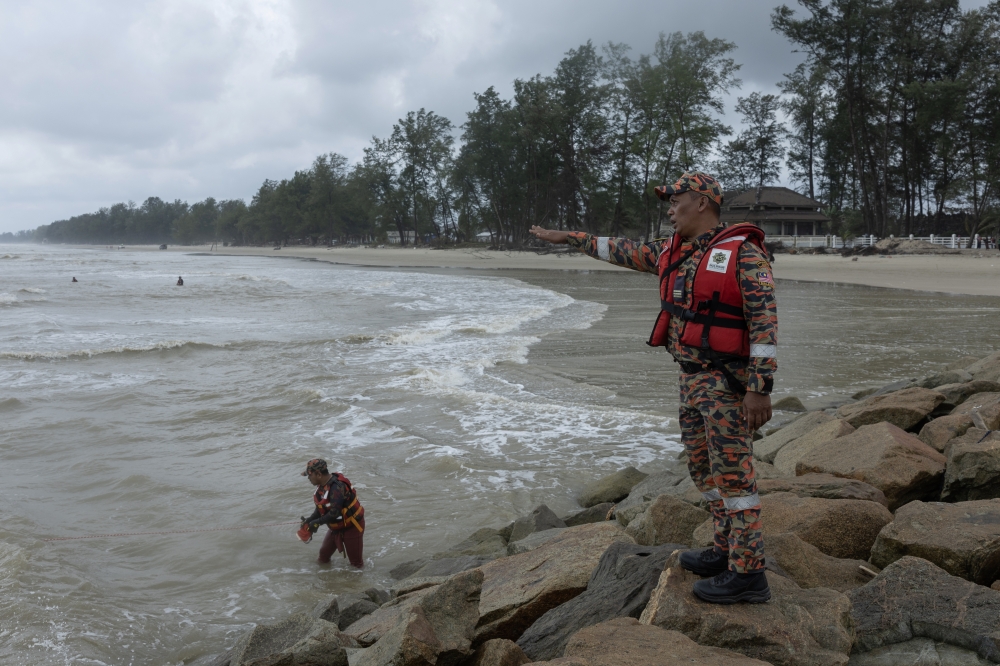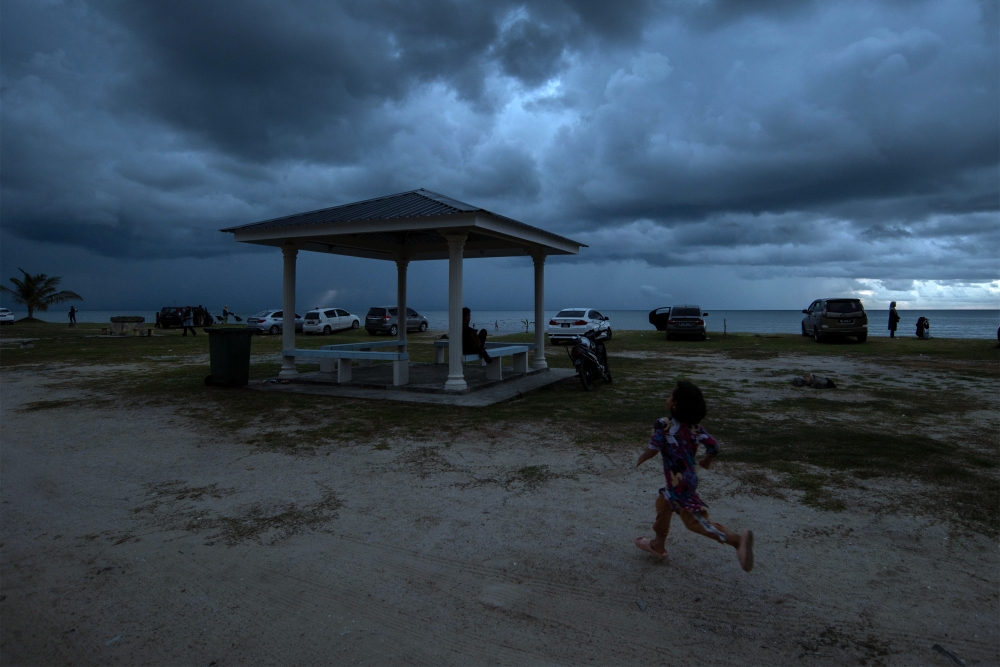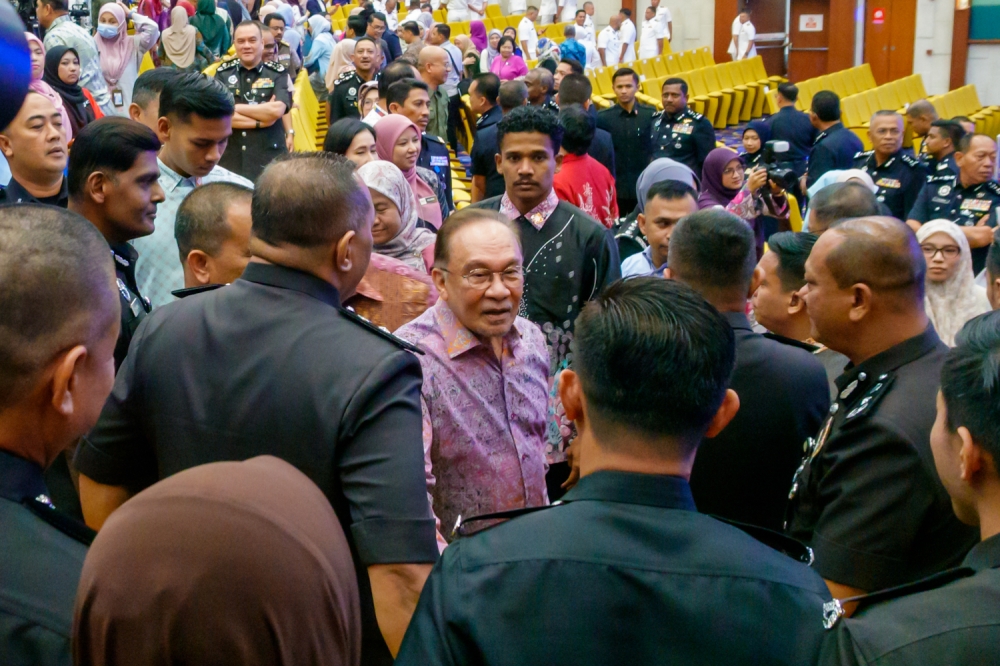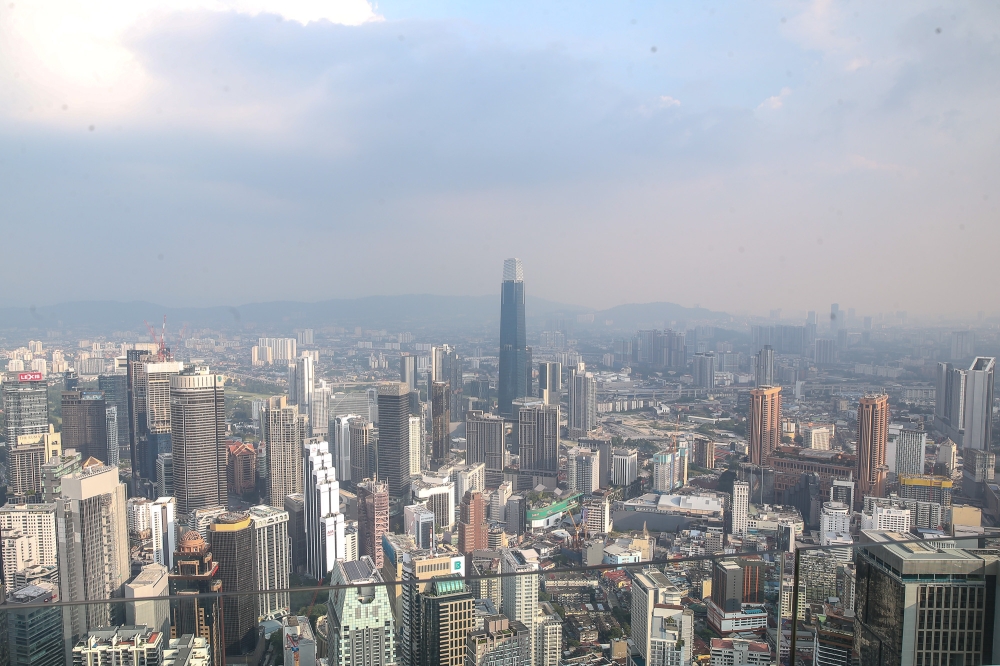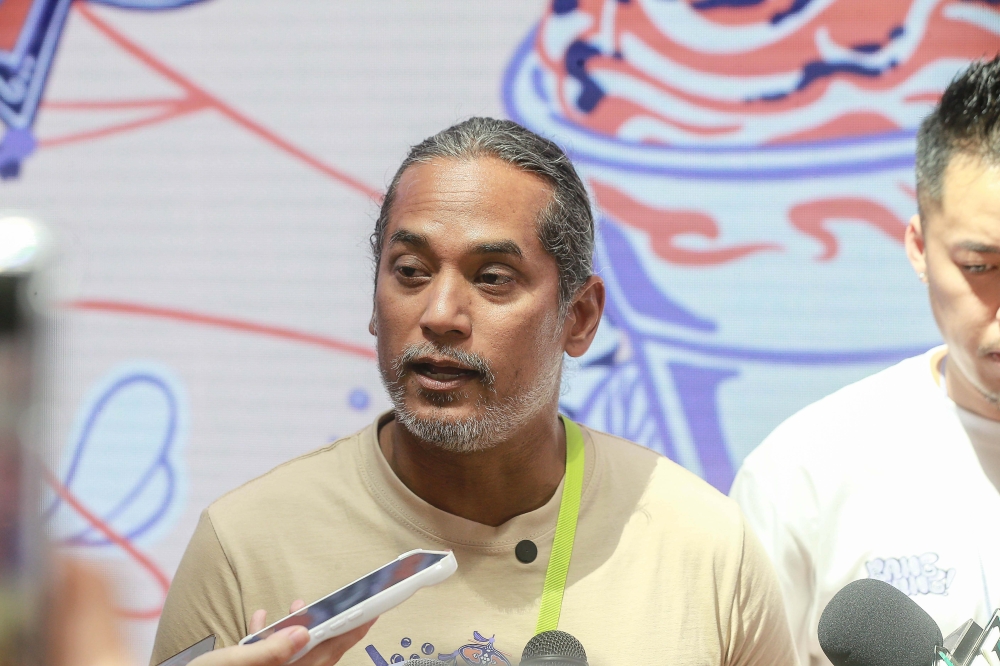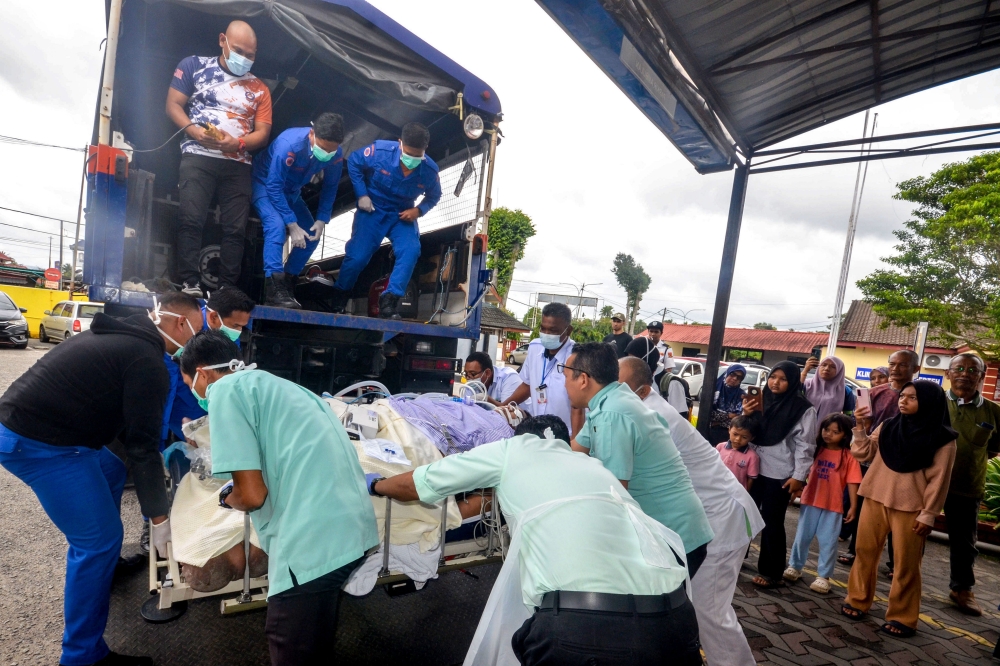KUALA LUMPUR, April 20 — A 25-year-old stateless woman who was born in Sabah failed to get the High Court to approve her application to be recognised as a Malaysian citizen today, after trying for almost a decade.
However, High Court judge Datuk Wan Ahmad Farid Wan Salleh also said the woman, who was adopted as a girl by a Malaysian couple, can still file a fresh application to furnish new evidence for her citizenship bid.
“The Originating Summons is hereby dismissed with no order to cost.
“In view of the extraordinary nature of this case, I am making an order that the plaintiff is at liberty to apply. This means the plaintiff is at liberty to make fresh applications to the defendants and furnish new evidence.
“The plaintiff cannot remain stateless forever,” he said while delivering his decision through video-conferencing.
The stateless woman identified as H has been trying together with her adoptive parents to gain Malaysian citizenship since April 2013.
In his judgment, Wan Ahmad Farid highlighted that there was a gap in the narrative given by H.
He noted that her early childhood prior to her adoption was not properly chronicled in the affidavits submitted to court, with H claiming that her biological parents were nowhere to be found.
The judge cited a precedent case in which the Federal Court had declared another teenager abandoned at birth to be a Malaysian citizen after facts showed that the boy would fall under constitutional provisions under Section 19B of Part III of the Second Schedule that would prevent children abandoned at birth in Malaysia from becoming stateless.
Section 19B provides that “any new born child found exposed in any place” shall be presumed to have been born there of a mother “permanently resident there” until the contrary is shown, with the date of the child being found to be taken as the child’s date of birth.
In the Federal Court ruling, Chief Justice Tun Tengku Maimun Tuan Mat, who chaired the panel, said that Section 19B’s purpose would be to cover or apply to new born children who were left and discovered in a place without any trace of their biological parents, which was necessary to avoid statelessness.
The Federal Court also ruled that the broadest possible interpretation of the word “found exposed” also includes a child abandoned at the place of birth by the birth mother whose identity is unknown.
In H’s case, Wan Ahmad Farid said there was no affirmation by a third party on the plaintiff’s part when she relocated from her place of birth in Sandakan, Sabah to Miri, Sarawak where she was eventually adopted.
“Who brought her to Miri from Sandakan? When was she brought to Miri?
“What happened between 1997 [the year H was born] to 2012 when the Adoption Order was made? The break in the chain of the narration in this case is most unfortunate.
Wan Ahmad Farid said H’s case was unlike the situation in the Federal Court case.
He noted that H had affirmed her own affidavit in support of her application, which led to an embarrassing situation that she should never have to be burdened with.
“In view of the sensitive nature of application, the affidavit in support should have been affirmed by a third party, preferable by the plaintiff’s adoptive parent,” he said.
The judge also noted that there was no material in the Adoption Order for the court to conclude that the plaintiff was “found exposed” to the meaning of section 19B.
As such, he said the presumption on newborn children who are “found exposed” cannot be invoked, adding that there was no longer a need for the three respondents — National Registration Department (NRD) director-general, the Home Ministry secretary-general, and the Malaysian government — to file rebuttals.
H was represented by lawyer Larissa Ann Louis.
Immediately after the judgment, Larissa told Malay Mail her client will “most likely” file a fresh application to gain citizenship.
Senior federal counsel Aisyaf Falina Abdullah acted for the NRD director-general, the Home Ministry secretary-general, and the Malaysian government.
Background to H’s case
Based on court documents, H was born in Sandakan, Sabah on July 8, 1997 to parents unknown.
Her birth was officially registered on July 17, 2012 — when she was 15 years old.
The NRD branch in Kota Kinabalu, Sabah subsequently issued her a late birth certificate, pursuant to to the Birth and Death Registration Act (Act 299).
The sections naming the Father and Mother in H’s birth certificate were listed as Maklumat Tidak Diperolehi or Information Not Obtained.
Her nationality status in her birth certificate was also listed as ‘Belum Ditentukan’ or Undetermined at the point of registration.
Based on H’s affidavit, she and her adopted parents from Sarawak have been unable to locate her biological parents’ whereabouts as of today despite numerous attempts that were made since her birth.
When H was 15, her adoptive parents obtained an Adoption Order from the Sabah and Sarawak High Court in Miri and were appointed her legal guardians on September 24, 2012.
A year after her adoption, H along with her adoptive parents made their first attempt to have her officially recognised as a Malaysian citizen and obtain her Malaysian identification card (MyKad).
In total, H made three citizenship applications — April 15, 2013, June 6, 2017 and October 30, 2019 — under Article 15A and Article 19 of the Federal Constitution respectively.
However, the home minister through two letters – dated January 28, 2016 and February 18, 2019 — rejected her applications without giving any reason.
The Home Ministry in its final letter dated December 31, 2020 rejected her application, with the sole reason being she was not considered a Permanent Resident of Malaysia.
According to the Home Ministry, H was not eligible for citizenship by way of naturalisation under Article 19(1) of the Federal Constitution.
By the time she received the ministry’s third response on her citizenship application, H was already 23 years old.
Article 15A provides that the federal government may register anyone under the age of 21 as a Malaysian citizen, “in such special circumstances as it thinks fit”.
On May 25, 2021, H filed an originating summons against NRD director-general, the Home Ministry secretary-general and the Malaysian government.
In this suit, H asked the court for a declaration to recognise her as a Malaysian citizen pursuant to operation of law under Article 14(1)(b) of the Federal Constitution.
H also sought to have the respondents issue both a birth certificate and MyKad which reflects her Malaysian citizenship within 14 days from the date of the court order.
She also wanted the Home Ministry secretary-general to register and update her name in the NRD’s database as stipulated under Section 4 of the National Registration Act and Regulations 4, 11 and 14 of the National Registration Regulations 1990.
In her supporting affidavit, H said she had faced difficulties enrolling in a tertiary education institution and obtaining a driver’s licence, as well as had been unable to open a bank account or conduct any form of online transaction because she did not possess a MyKad.
She also noted the ridicule she suffered at the hands of her peers who made fun of her statelessness, which had an adverse effect on her mental and emotional wellbeing.
She also said both her adoptive parents were Malaysian citizens who were married in accordance with the law.


